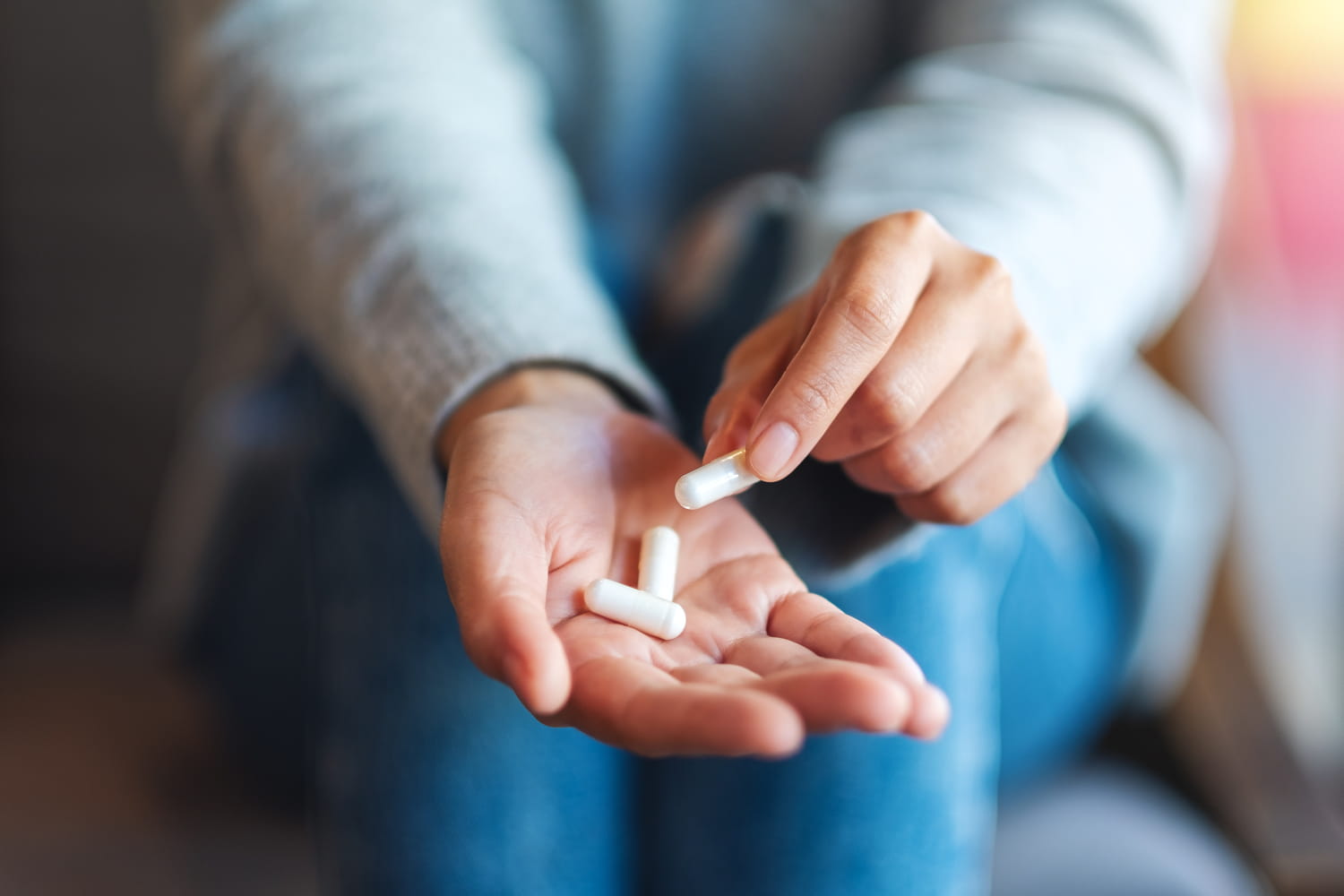It would force the stomach to react in a way that stimulates the growth of tumors, “especially before the age of 65.”
It is the reference medicine for heartburn. Used by 16 million people according to the High Authority of Health, it is so effective that its use has become commonplace. However, for several years, suspicions have weighed on him: “Biological mechanisms suggest a link between prolonged use (of these treatments) and an increased risk of stomach cancer”explain Nordic researchers in their work.
The scientists carried out a large study, the “NordGETS” project, the results of which have just been revealed at the European Congress of Gastroenterology 2025 in Berlin. The authors analyzed health registers from five Nordic countries (Denmark, Finland, Iceland, Norway and Sweden). They compared data from 1,790 patients with “gastric neuroendocrine neoplasias (NENs), specific, often slow-growing tumors that form in the wall of the stomach. The data was compared to more than 17,000 healthy control subjects. The analysis took into account factors like Helicobacter pylori infection (a bacteria that infects the stomach) or chronic atrophic gastritis (a chronic inflammation of the stomach lining) to isolate the drug’s actual effect.
Reported by Medscape, the study “reveals for the first time an 83% increased risk of gastric NEN” among heavy consumers of these treatments compared to those who do not take them, “particularly those under 65”. The drugs in question are Proton Pump Inhibitors or “PPIs”. These are very powerful gastric anti-secretory agents, whose role is to permanently block the production of acid in the stomach by acting directly on the “pump” which produces it.
In France, several IPPs are available. These include esomeprazole (Inexium®), omeprazole (Mopral®, Zoltum®), lansoprazole (Lanzor®, Ogast®), pantoprazole (Eupantol®, Inipom®) and rabeprazole (Pariet®), as well as their generics. The suspected mechanism? By causing a “chronic acid suppression”PPIs force the stomach to respond. It then massively produces a hormone, gastrin. It’s this “secondary hypergastrinemia” which is suspected of ultimately stimulating the growth of these tumors.
Should we therefore stop taking them? No, not without medical advice. “These results should (…) not call into question the use of PPIs in patients whose indication is appropriate” explains Dr. Eivind Ness-Jensen, first author of the study. The risk lies above all in taking these medications over the long term. The researchers’ recommendation is to discuss with your doctor the relevance of continuing long-term treatment and avoiding prolonged self-medication.


